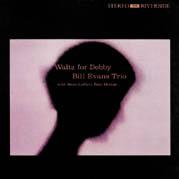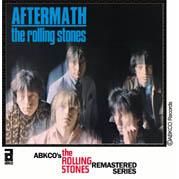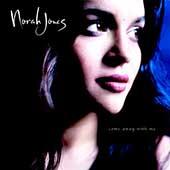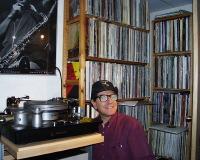LATEST ADDITIONS
|
Jan 09, 2003 |
First Published: Dec 31, 1969
|
Dec 31, 2002 |
First Published: Dec 31, 1969









